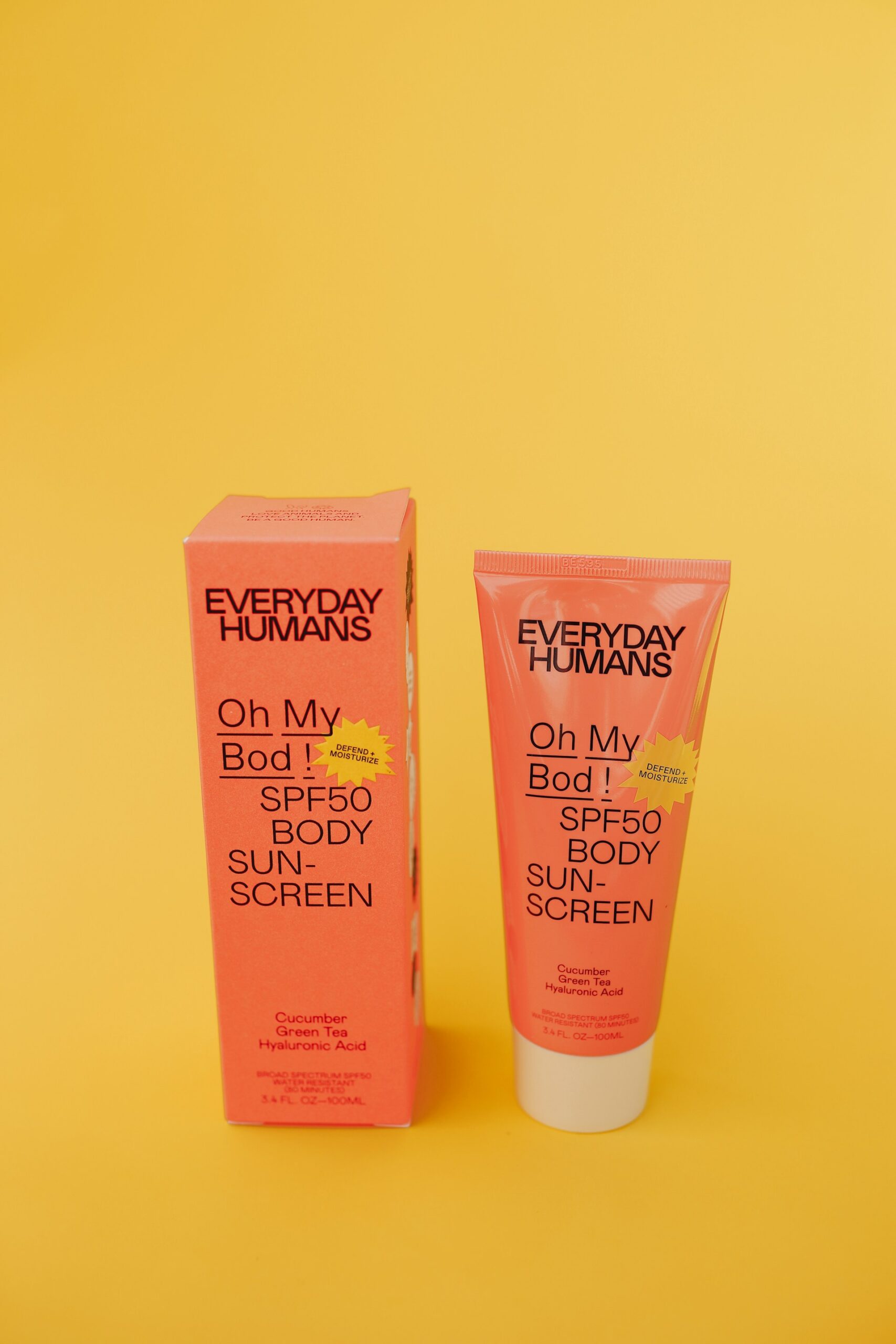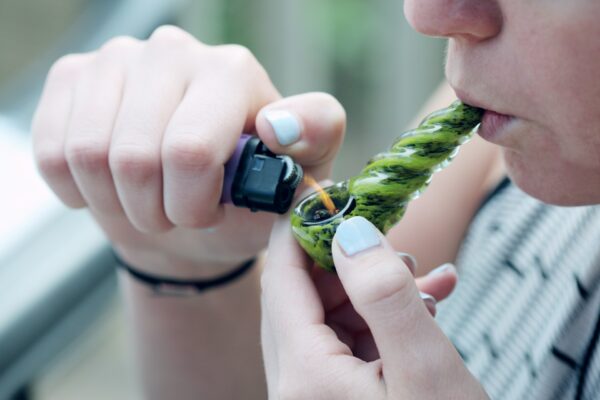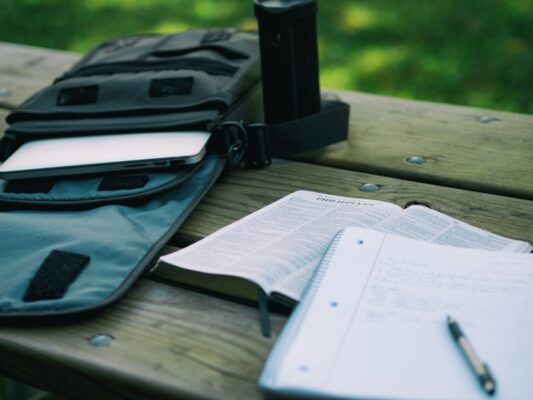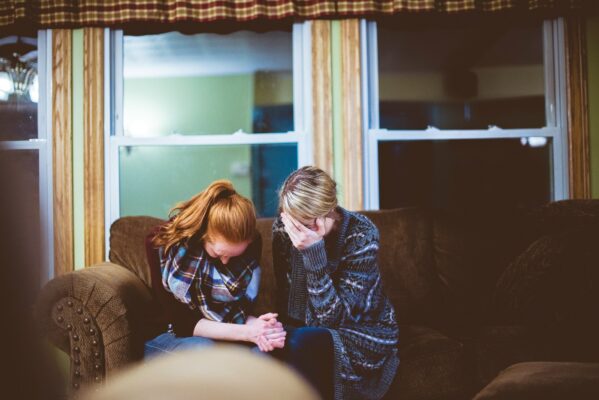Let's get started...
Protecting your skin from the sun is one of the most important things you can do to maintain healthy skin and prevent long-term damage. While sunlight is essential for vitamin D production and boosting your mood, overexposure to UV rays can cause sunburn, premature aging, and even skin cancer. For teenagers, developing good sun protection habits now can make a big difference in the future. This article explores the importance of sun protection, its impact on your skin, and practical strategies to stay safe while enjoying the sun.
Why Is Sun Protection Important?
The sun emits ultraviolet (UV) rays, which can harm your skin in several ways. There are two types of UV rays to be aware of:

- UVA Rays: These penetrate deep into your skin, causing aging and long-term damage.
- UVB Rays: These affect the surface of your skin and are responsible for sunburn.
Both types of UV rays can damage your skin cells, increase your risk of skin cancer, and weaken your skin's natural barrier.
The Real-Life Impact of Sun Damage
Neglecting sun protection can have serious consequences for your skin, even at a young age. Here are some examples:
1. Painful Sunburn
Emma, 15, went to the beach without wearing sunscreen. She ended up with a painful sunburn that took days to heal and left her skin peeling.
2. Premature Aging
Ryan, 16, spent hours playing football outside without sunscreen. Over time, he noticed fine lines and uneven skin tone, even though he was still a teenager.
3. Long-Term Health Risks
Sophie, 14, ignored advice to wear sunscreen regularly. Years later, she was diagnosed with skin cancer, a condition that could have been prevented with proper sun protection.
How to Protect Your Skin from the Sun
Sun protection doesn't have to be complicated. By following a few simple steps, you can enjoy time outdoors without risking your skin's health.
1. Wear Sunscreen Daily
Sunscreen is your best defence against UV rays. Choose a broad-spectrum sunscreen with SPF 30 or higher, and reapply every two hours or after swimming or sweating.
- Tip: Use a sunscreen specifically designed for your face to avoid clogging pores or irritating sensitive skin.
2. Cover Up
Wearing protective clothing, such as long-sleeved shirts, hats, and sunglasses, can shield your skin from the sun. Lightweight, breathable fabrics are ideal for staying comfortable on warm days.
3. Seek Shade
Stay in the shade, especially during peak sun hours between 10 a.m. and 4 p.m. If you're outside, use an umbrella or sit under a tree to reduce your sun exposure.
4. Use Lip Balm with SPF
Your lips are sensitive to UV rays too. Protect them by using a lip balm with SPF 15 or higher, and reapply throughout the day.
5. Avoid Tanning Beds
Tanning beds emit harmful UV rays that can cause skin damage and increase your risk of skin cancer. Embrace your natural skin tone and avoid the dangers of artificial tanning.
6. Hydrate Your Skin
Sun exposure can dehydrate your skin. Drink plenty of water and use a hydrating moisturiser to keep your skin healthy and comfortable.
Choosing the Right Sunscreen
With so many sunscreens available, it's important to pick one that works for you. Here's what to look for:
1. Broad-Spectrum Protection
This ensures your sunscreen protects against both UVA and UVB rays.
2. SPF 30 or Higher
The higher the SPF, the more protection you'll get. SPF 30 blocks about 97% of UVB rays, while SPF 50 offers slightly more coverage.
3. Water Resistance
If you're swimming or sweating, choose a water-resistant sunscreen to ensure it stays effective.
4. Non-Comedogenic
If you have acne-prone skin, look for sunscreens labelled non-comedogenic, meaning they won't clog your pores.
5. Fragrance-Free Options
For sensitive skin, opt for fragrance-free sunscreens to minimise the risk of irritation.
Common Sun Protection Mistakes
Even with good intentions, it's easy to make mistakes when it comes to sun protection. Here are some common ones to avoid:
- Skipping Sunscreen on Cloudy Days: UV rays can penetrate clouds, so sunscreen is necessary even when it's overcast.
- Applying Too Little Sunscreen: Use about a shot glass full of sunscreen for your entire body and a teaspoon for your face.
- Forgetting to Reapply: Sunscreen wears off, so reapply every two hours or more often if you're swimming or sweating.
- Neglecting Ears and Neck: These areas are often overlooked but are just as vulnerable to UV damage.
Building a Sun Protection Routine
Incorporating sun protection into your daily routine doesn't have to be complicated. Here's an example:
- Morning: Apply sunscreen as the final step of your skincare routine before heading out.
- Throughout the Day: Reapply sunscreen every two hours or as needed.
- Evening: Cleanse your skin to remove sunscreen, and apply a moisturiser to keep your skin hydrated.
When to Seek Help
If you experience severe sunburn, unusual moles, or persistent skin irritation, consult a dermatologist. Early intervention can prevent long-term damage and address any concerns.
Final Thoughts
Protecting your skin from the sun is essential for maintaining its health and preventing long-term damage. By wearing sunscreen, seeking shade, and following simple sun safety practices, you can enjoy time outdoors without compromising your skin. Building these habits now will benefit you for years to come, keeping your skin healthy, radiant, and safe from harmful UV rays.
How are you feeling?
It is really important that when we need help, we feel able to ask for it. This could be speaking to a parent, a close friend, a teacher or someone else you trust. Sometimes it can be really hard to share our feelings with other people but if we are feeling low or don't know where to turn, sharing with others is really important. Teachers will always take you seriously and listen to your problems in confidence if you approach them for help. Likewise, parents, siblings or friends will help you if you reach out to them.
If you feel like you can't speak to anyone you know, there are people and organisations that can help support you:
- Childline - Call them on 0800 1111 any time of the day or night, every day of the week
- NSPCC - Call them on 0808 800 5000 between 10am and 4pm Monday to Friday or email them on help@NSPCC.org.uk
- The Samaritans – Call them on 116 123 any time of the day or night, every day of the week
- SANE – Call 0300 304 7000 for support (4:30pm - 10:30pm every day)
- Mind – Call 0300 123 3393 (9:00am - 6:00pm Monday to Friday)
*Sometimes we will use real life examples in our articles to aid understanding. When we do, names and ages will be changed.













